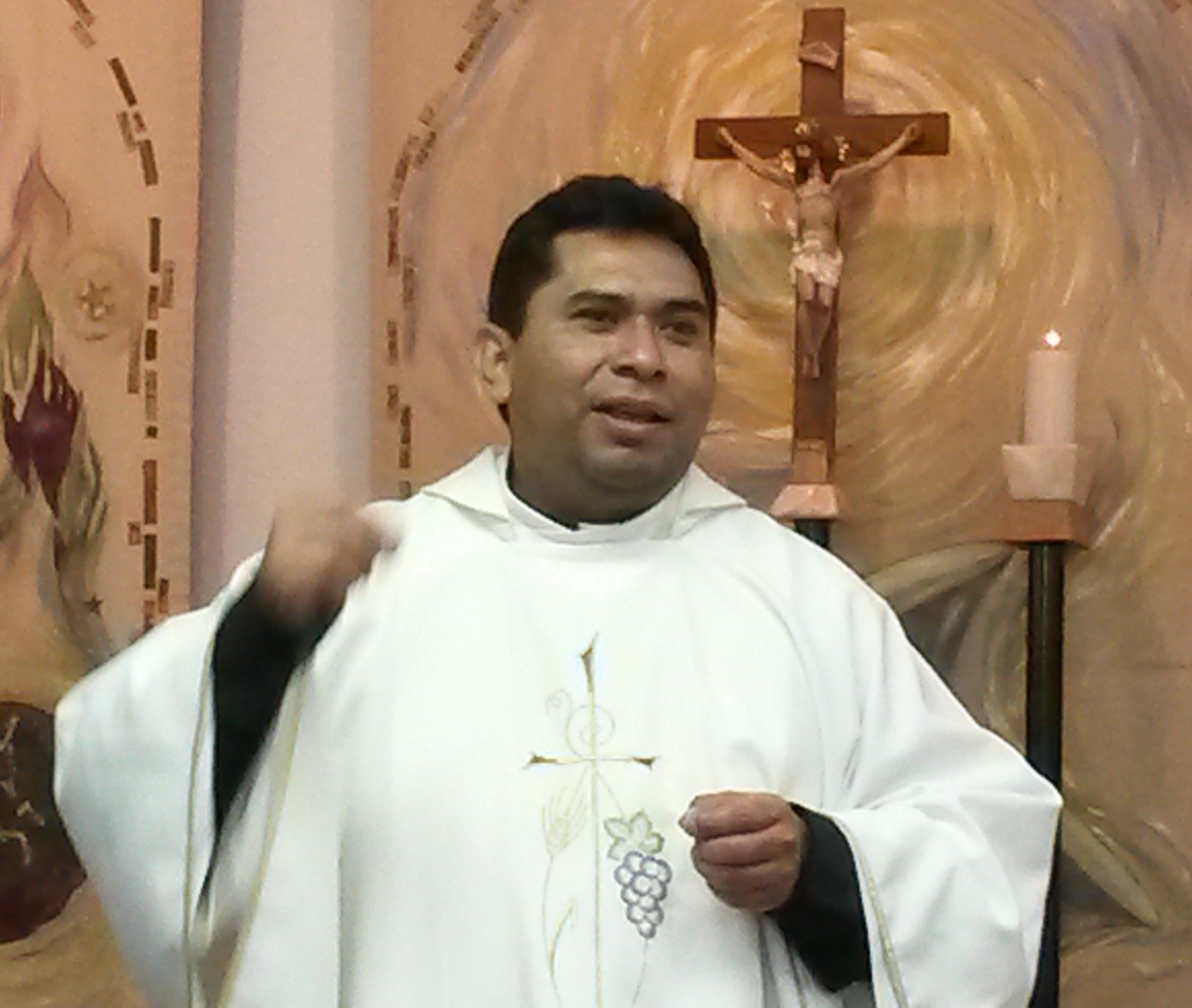 XXIV SUNDAY IN ORDINARY TIME
XXIV SUNDAY IN ORDINARY TIME
THE PARABLES OF MERCY
By our Pastor, Fr. Carmelo Jiménez
This 24th Sunday of Ordinary Time the readings help us to reflect on Divine Mercy, which is even more important since we are celebrating the Extraordinary Jubilee of Mercy. In many parishes they have organized different events in order to underscore this year of grace.
The gospel passage that we read from chapter 15 of Luke is known as the parables of mercy. But what is mercy? It is the virtue that disposes the heart for compassion. A compassion that is not only a feeling, but rather one that brings the person to act for the good of the needy. The most evident characteristic of mercy is forgiveness. This text is perhaps one of the most beautiful because it exposes the way God treats sinners: respects, forgives, accepts, invites to the celebration and unites his family forever.
I have already commented that all of these gospel passages of Saint Luke happen while Jesus is on a journey with his apostles toward Jerusalem, so that is the way these parables of mercy are framed. Since it is such a well-known topic it is harder to explain, especially if we are looking for something new in this gospel. This journey of Jesus’ is made very long, because it is not an external journey, one of distance. It is a journey which is more internal, of his, of teaching his disciples, the people, and us.
These three parables stem from the fact that Jesus ate with sinners and he is questioning strongly those who criticize him: “Tax collectors and sinners were all drawing near to listen to Jesus, but the Pharisees and scribes began to complain, saying, ‘This man welcomes sinners and eats with them.’” (Lk 15: 1-2) So this teaching is not only for those who are far from God, but also for those of us who surround Jesus. I will emphasize the oldest son. There has been much commentary on the prodigal son and the merciful father. Today I will focus on the oldest son, who is at home, who believes he is perfect, but who complains and confronts the father because he hasn’t given him even a young goat to eat with his friends.
The characters who appear at the introduction of these parables: the tax collectors and sinners, the Pharisees and scribes are all around Jesus, some to criticize those who are far from God and others to judge him according to the norms of their god. The first group appears to be lost, the ones who are far from their father’s house because they have not discovered the face of God as a compassionate Father who offers his love and his friendship freely and who is always willing to stretch out a saving hand. But the second group, the pious, dutiful Pharisees, also have not discovered the true face of God who acts freely and is moved by his loving compassion. They all coincide with the same reality: they don’t actually know God as the Father who wants everyone’s happiness.
The encounter of the father with the oldest son, outside the home, is the most important encounter in the scene of the parable. The mercy of God is revealed by Jesus when he treated them just like anyone else, eating with them, accepting them with the same mercy as the Father. The important thing is the experience of the love of God that embraces us and invites us to the celebration. But there is someone who does not want to go in (the oldest son). Jesus’ disciples are tempted to be like the oldest son: he was dutiful (which is good), but he did not understand his father’s behavior, which was certainly disconcerting, but the only one with humanizing strength. Today many of us do not understand God’s behavior, nor do we want to let ourselves be transformed by Him. The oldest son has not understood that everything in the home is his. But what is important is not what is in the home, but rather who lives in it and who fills the home: the Father. He has never understood the father. He obeys but he does not discover that God doesn’t want a servant, but a beloved.
And this is the biggest point for us today, to allow ourselves to be loved by the Father and to love the Father with everything that we are, without regard to our sinful past, but rather the experience of forgiveness, of grace and of divine love. On this Sunday may we not think of the prodigal son, the outsider, but rather the one who is at home. Let us reflect on the interior, on ourselves and absorb the divine mercy. Amen.